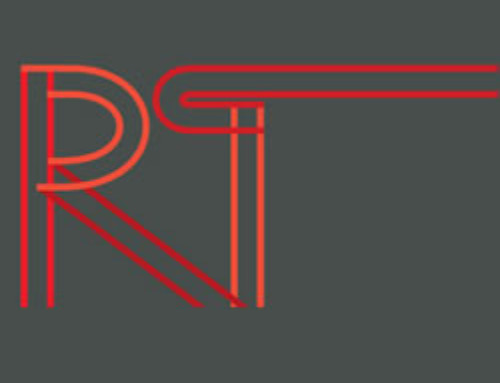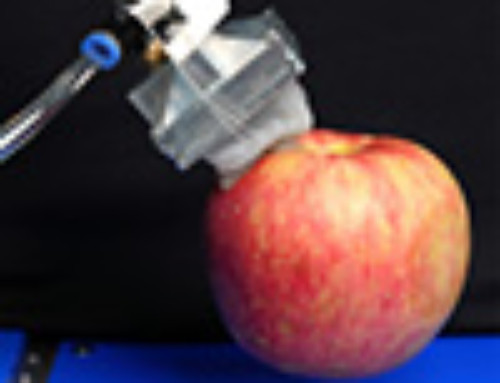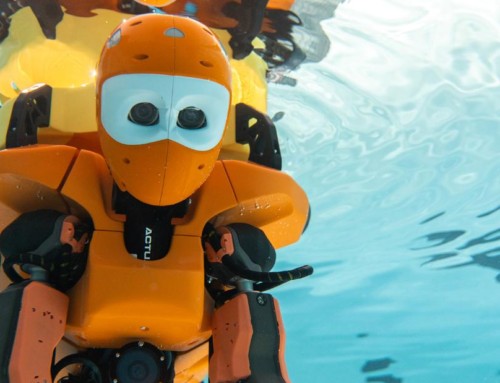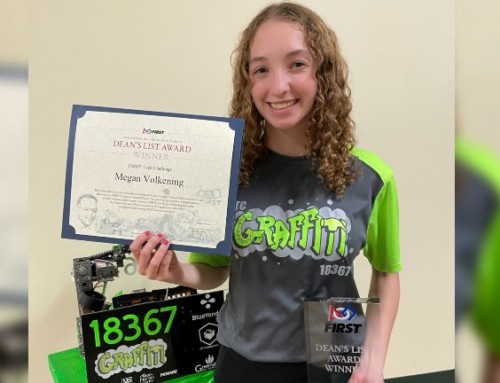[ad_1]
After Years of Clinical Trial Success, Collaboration with Leading Hospitals and Recognition for Innovation, Neuro Rehab Pioneer Eyes Entry into Consumer Market for Home System Use
ATLANTA, May 7, 2019 /PRNewswire/ — Motus Nova, a technology firm offering the only robotic system approved by the FDA to be as effective as an in-person therapist for remote stroke rehabilitation, announced today that it is expanding its list of partner hospitals and clinics using the device, as well as making plans to introduce its patented system to the consumer market for home use in Q3 2019.
Twenty-five hospitals in the Atlanta area within Emory Healthcare, the Grady Health System and the Wellstar Health System are joining the growing list of hospitals that have partnered with Motus Nova to use its technology for rehabilitation therapy for stroke survivors.
A collaborator with top-ranked institutions such as Mayo Clinic, Cleveland Clinic and Massachusetts General Hospital, Motus Nova began a decade ago pioneering a robotics device using Artificial Intelligence (AI) to accelerate recovery from neurological injuries such as strokes. Named one of the 10 Most Innovative Companies in Georgia by the Technology Association of Georgia in 2019, Motus Nova is now transitioning from years of success in the clinical setting—where its system has helped thousands of stroke survivors regain their independence—to bring its benefits to stroke survivors continuing their rehabilitation at home.
A robotic system for active-assist stroke therapy
Motus Nova was founded to fill a real need: To provide a way for stroke survivors to get the many hours of therapy required for brain healing without requiring real-time oversight at every session by an onsite clinician.
The Motus Nova Hand Mentor and Foot Mentor are sleeve-like robots that fit over a stroke survivor’s impaired hand or foot. Equipped with an active-assist air muscle and a suite of sensors and accelerometers, they provide clinically appropriate assistance and resistance while individual’s perform the needed therapeutic exercises. A touchscreen console provides goal-directed biofeedback through interactive games—which Motus Nova calls “theratainment”—that make the tedious process of neuro rehab engaging and fun.
“It’s a system that has proven to be a valuable partner to stroke therapy professionals, where it complements skilled clinical care by augmenting the repetitive rehabilitation requirements of stroke recovery and freeing the clinician to do more nuanced care and assessment,” said Dr. Nick Housley, director of clinical research for Motus Nova. “And while we continue to fill orders for the system to support therapy in the clinic and hospital, we also are looking to use our system to fill the gap patients often experience in receiving the needed therapy once they go home.”
Filling the outpatient therapy gap
With seven million stroke survivors in the U.S. and 800,000 new cases every year, strokes are more prevalent than heart attacks in the U.S. They are the leading cause of long-term disability, yet many stroke survivors aren’t getting the therapy they need to recover.
Why? Current insurance plans for reimbursing stroke therapy after an in-hospital stay are based on the model for reimbursing outpatient rehab therapy when an individual is recovering from an orthopedic injury or surgery. The problem is that it’s false equivalence. It takes many more repetitions of therapy to elicit the neural change and achieve the neuroplasticity required for stroke recovery than it does for an individual to bring range of motion and normal functionality back to a repaired ligament or replaced joint. The stroke survivor must work to forge new neural pathways and re-teach the brain to perform everyday functions with the hand or foot affected by the stroke.
Lower cost, more frequent treatment
Clinical studies show that neuroplasticity begins after approximately many 10’s to 100’s of hours of active guided rehab. The healing process can take months or years, and sometimes the individuals might never fully recover. Yet the typical regimen for stroke survivors is only two to three hours of outpatient therapy per week for a period of three to four months.
“These constraints were instituted by the Centers for Medicare & Medicaid Services (CMS) in determining Medicare reimbursement without a full understanding of the appropriate dosing required for stroke recovery, and many private insurers have adopted the policy, as well,” said David Wu, Motus Nova’s CEO. Motus Nova plans to offer a more practical model. “By making the system available for home use at a reasonable weekly rate as long as the patient needs it, the individual can perform therapy anytime,” Wu said. “A higher dosage of therapy can be achieved without the inconvenience of scheduling appointments with therapists or traveling to and from a clinic, and without the high cost of going to an outpatient center every time the individual wants to do therapy. We are looking forward to offering this new model. More details about pricing and ordering will be available as we approach our projected launch date this summer.”
Praise from clinicians, users
In his 2017 book, “Best Care Everywhere,” David Shulkin, MD, former Secretary of the U.S. Department of Veterans Affairs (VA), wrote that the Motus Nova Hand and Foot Mentors represent “some of the best and brightest ideas that have been developed … [and] are currently being scaled for national implementation, so that Veterans across the country have access to the innovative and effective care they deserve.” In addition, VA studies estimate about 50% institutional costs savings for hospitals using the Motus Nova system.
Dr. Daniel Schlatterer, MD, is an orthopedic surgeon and a stroke survivor who has used the Motus Nova system with good results. “I’m an orthopedic surgeon in a trauma center in downtown Atlanta, and a little over two years ago at the age of 48 had a stroke. I’ve tried just about everything and I can tell you that this has helped and made a difference. I’ve seen improvements in my wrist motion since I’ve started this. I’m making steady progress in improvement.”
AI for a personalized medicine approach
While the system gathers data about individual performance, AI tailors the regimen to maximize user gains, discover new approaches, minimize side effects and help the stroke survivor realize his or her full potential more quickly. “By optimizing factors such as frequency, intensity, difficulty, encouragement and motivation, the AI system builds a personalized medicine plan uniquely tailored to each individual user of the system,” said Dr. Housley. “Our system is durable, too, proven in clinical trials to deliver an engaging physical therapy experience over thousands of repetitions. We look forward to making it available on a much wider scale in the coming months.”
About Motus Nova
Motus Nova is a valued partner to stroke survivors and stroke recovery clinical teams. Its patented robotic rehabilitation system—the first and only active-assist robotic stroke rehab system approved by the FDA to be successfully deployed in the home—guides stroke survivors through therapy, with results clinically proven as effective as if the therapist were by the individual’s side.
Founded as a provider of the technology to leading hospitals, stroke centers and clinics, Motus Nova is expanding its model to provide the systems at an economical price for out-of-the-box use at home. Motus Nova’s theratainment approach incorporates interactive video games to make therapy fun and keep stroke survivors motivated between visits to their therapists. The system may also be of value to individuals with other conditions—cerebral palsy, traumatic brain injury, Parkinson’s disease, multiple sclerosis, spinal cord injury and more. The Technology Association of Georgia (TAG) named Motus Nova one of the Top 10 Innovative Companies in Georgia in 2019. For more information, visit www.motusnova.com.
Media Contact:
Sara Wakefield
Carabiner Communications
M: 770.778.6194
swakefield@carabinercomms.com

View original content:http://www.prnewswire.com/news-releases/motus-nova-expands-fda-approved-robotic-stroke-therapy-system-adds-new-hospital-partners-300844974.html
[ad_2]
Source link





Leave A Comment
You must be logged in to post a comment.